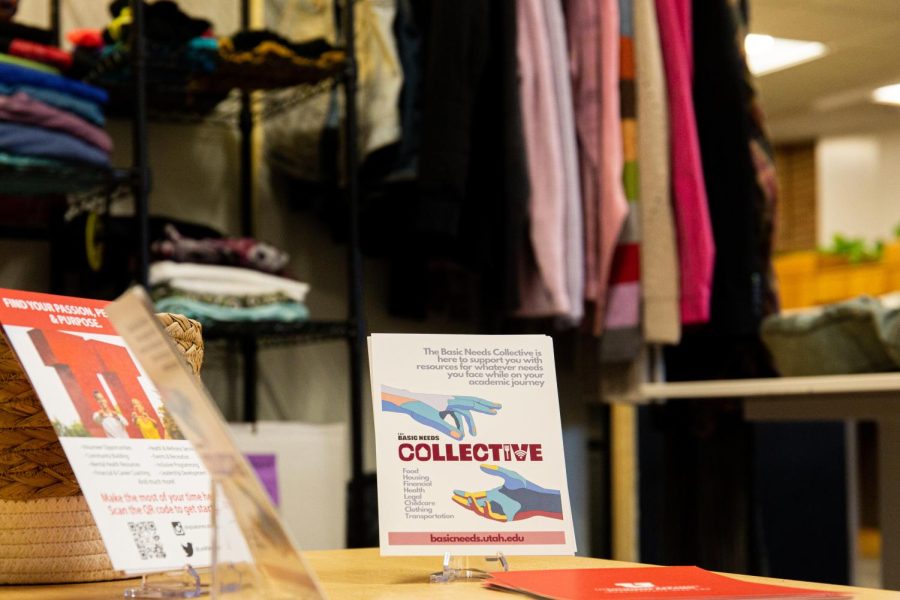Downloading music and visiting pornographic sites on the Internet can destroy a computer if a virus uploads, said speakers at an Information and Security Awareness session Tuesday.
People who want to remain safe online don’t need to look far for solutions. The lessons are similar to those about avoiding identity theft.
In cases where someone’s identity has been stolen or abused online, the victim almost always provides the recipe, said Linda Criddle, president of Lookbothways.com, an online safety consulting site.
“If people apply what they know about safety to online environments, they’ll be fine,” Criddle said.
The Office of Information and Technology hosted the Information and Security Awareness day to raise awareness among students and staff about the importance of personal security.
Chris Kidd, chief information security and privacy officer at the U, said students need to recognize their digital profile expands beyond information they put on Facebook, and they should think about the implications of their online activity.
Frequent Internet users need to consider who they share information with and why they are sharing it, Criddle said.
In her presentation, Criddle showed how users of Facebook, MySpace and other networking sites give predators the necessary information for fraud or possible abuse by providing addresses, contact numbers and information about what is happening in their lives.
If a person’s Facebook status is set to “out of town with the roomies” and the address is posted on their profile, robbers could see that as an open invitation to visit, Criddle said. Although many might think they are protecting their privacy through settings on individual sites, personal information is often available to friends of friends, or a stranger accidentally added.
The majority of hackers use times when they’ve interacted with their victims in person instead of computer information to attack, said Dave Packham, information technology architect for the U’s Office of Information and Technology.
Packham said potential hackers can gain valuable information using techniques such as “shoulder surfing,” or peering over someone’s screen as they browse the Web.
If someone is proficient at remembering four-digit pins, they can peek at someone’s hand gestures as they enter a pin. With that information, a thief could potentially drain a bank account if he or she gets access to a credit or debit card.
Packham advised students to recognize what information is important and think about who they are providing it to. He said students must protect their information because it is the fabric of their digital identity.
The Office of Information and Technology provides free McAfee computer software to students so their equipment can remain safe from viruses and other problems. Students need their uNID and password to enter online at www.software.utah.edu or in person at the Marriott Library Technology Center.














